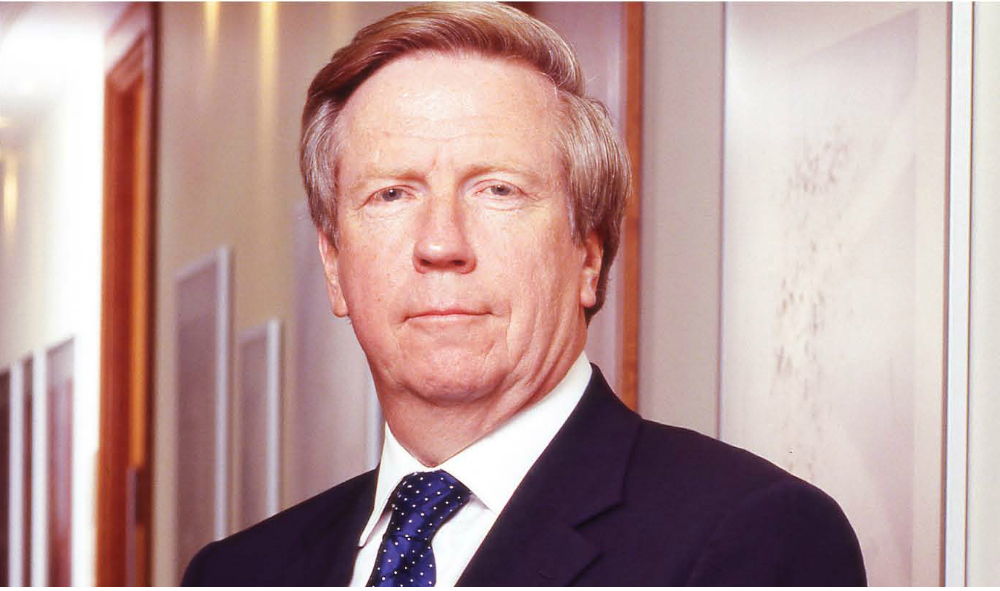EU tariff suspension/quota laws are failing EU plastics converters
PRESS RELEASE FOR IMMEDIATE RELEASE

Brussels
EU plastics converting companies (mainly SMEs) are facing very serious difficulties since early 2015, due to limited availability of polymers. Since early March 2015, the ageing EU polymer industry has declared new Forces Majeures on 66 occasions. This has exacerbated an already tense situation for the EU polyethylene and polypropylene markets and has driven polymer prices to levels not seen in the past decade. From March 2015 to May 2015, EU polymer prices increased by over 40 percent whilst oil prices remained at a record low. As a consequence of this situation, EU plastics converters submitted in 2015 45 requests for tariff suspensions and quotas in seven Member States.
The Polymers for Europe Alliance brought this situation to the attention of the European Commission and the Economic Tariff Questions Group (ETQG), ahead of the July 2016 round of tariff suspension and quota requests. The Alliance emphasised the importance of these tariff suspension and quota requests for the future competiveness of the EU plastics converting industry. The issue at hand is very simple, if EU plastics converters cannot get access to sufficient volumes of polymers, they will ultimately go out of business.
The Alliance thought that the whole supply chain understood the severe threat to the industry posed by the material shortages of 2015. It therefore anticipated that proposals to restore the level of duty to 3% from the 6.5% level introduced at the beginning of 2014 would be warmly received by all parties. It was therefore surprised and disappointed to learn that all such proposals were being vigorously resisted by certain polymer producers. Apparently converters should not only suffer shortages but measures to encourage imports to alleviate this problem were being resisted as well.
To be successful, it is necessary to have unanimity amongst all Member States concerning a request for the tariffs on a quota of material to be suspended or removed. Under the circumstances, such unanimity has obviously not been forthcoming. In fact, the UK, Italy, Spain and Portugal were opposed to the final request for a modest quota of material to be subject to this 3.5% reduction in the level of duty.
Furthermore, if such a reduction were to be granted, polymer producers themselves have the right to seek access to this material thereby depriving converters of the opportunity to directly ease their supply problems.
It is against this background that the industry approaches the summer of 2016 and finds that material is once again becoming short. There has not so far in 2016 been the same plethora of Forces Majeures that there was last year, but nonetheless the market watches with considerable anxiety as polyethylene and polypropylene become shorter and shorter. 2016 could well prove to be a defining year for the plastics industry in Europe.
Given the objections made by certain polymer producers to the tariff requests, and the uncertainty of EU rules applicable to these requests, the Polymers for Europe Alliance is calling for a review of these rules via amendments to the applicable law. This is the only way to fix a system which is unfair and does not protect the competiveness of the EU plastics converting industry, a sector employing 1.6 million people and generating an annual turnover of €380 billion.
About Polymers for Europe Alliance
The Alliance was initiated by the European Plastics Converters association (EuPC) during its General Assembly in May 2015. It is an online, confidential information platform open to all parties who have an interest in the competitive conversion of polymers in Europe. Its objectives are to provide factual public information on the status of the polymer supply situation in Europe and to re-establish a constructive dialogue with the supply base.
Some upcoming initiatives of the Alliance in 2016 include the launch of the Best Polymer Producers Awards for Europe as well as an exploratory industry study to assess the level of competitiveness of the European plastics converting industry.
For more information: http://www.polymercomplyeurope.eu/pce-services/polymers-europe-alliance
